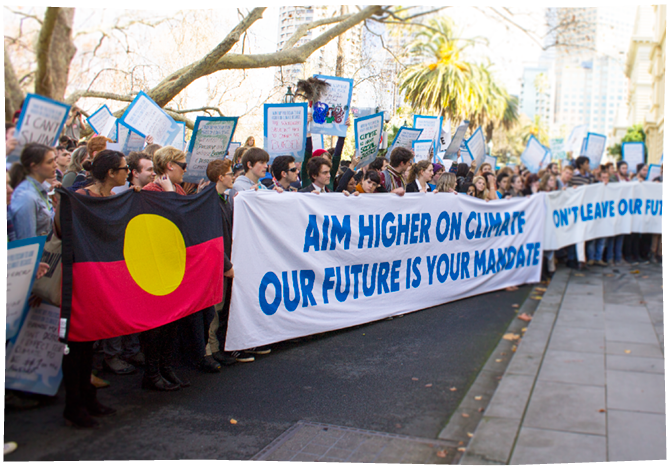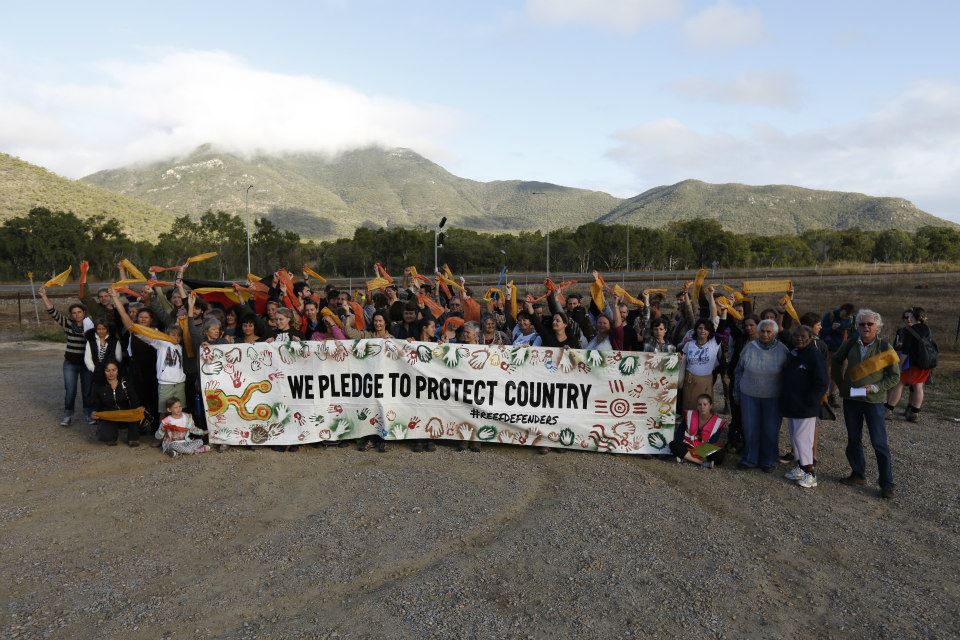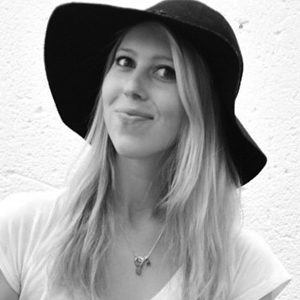Can you cut 1 Tonne of carbon pollution out of your life?
Take the challengeIt's an old proverb: "When an elder dies, a library burns."
The indigenous people of the world possess an immense knowledge of their environments - the lands and oceans that sustain them - based on centuries of living close to nature, which is passed on from generation to generation.
Sometimes we have trouble seeing through our high-tech era, that age-old solutions to global problems including environmental degradation are right in front of us.
In our drive for development and progress, the traditional knowledge of indigenous peoples and local communities is being lost. The International Union for Conservation of Nature (IUCN) says,
"Policies relating to land and resources have largely ignored the role of indigenous peoples in conservation and they have little say in how these resources are used"- IUCN
Today, there is a growing recognition of how important traditional knowledge and community involvement is in managing our precious ecosystems. Yet, this recognition needs to move to a larger scale to make sure traditional knowledge is not lost to future generations.
NAIDOC Week is being celebrated across Australia this week (7-14 July) shining a light on traditional knowledge and the community and cultural contributions of Indigenous people right across Australia. It's a week to pay special regard to activity that happens all the time, all year round.
The New South Wales Local Land Services are celebrating NAIDOC by highlighting 52 weeks of Aboriginal engagement in land management. Local Land Services promote traditional land management techniques and work with local community groups to build resilient communities in productive, healthy landscapes.
Parliamentary Secretary for Western NSW Sarah Mitchell MLC says,
"The traditional owners of the land have a great deal to teach the wider community about caring for the environment that we all depend upon.- Sarah Mitchell MLC
Acting Chair of the Local Land Services Board of Chairs, Alex Anthony said,
"NAIDOC Week provides a great opportunity to recognise the hard work and wealth of cultural and ecological knowledge being used to great effect by Aboriginal people."- Alex Anthony
Aboriginal and Torres Strait Islander peoples have looked after this land sustainably for tens of thousands of years. This is why Indigenous communities also need to be front and centre of our efforts to solve climate change.
Seed, Australia's first indigenous youth climate network, have written an Indigenous Youth Declaration for Climate Justice:
"Right now climate change is disproportionately affecting Aboriginal and Torres Strait Islander people. We are experiencing rising sea levels in the Torres Strait, the loss of sacred country, diminishing food and water accessibility," it reads.
"For Aboriginal and Torres Strait Islander people the injustices go beyond the climate impacts. The fossil fuel industry has been putting stress on our land, our culture and our communities for decades.
Our vision is for a just and sustainable future with strong cultures and communities, powered by renewable energy. Our vision and the fossil fuel industry cannot co-exist."
You can read the full declaration and sign it here.

[Image: Seed, Australian Youth Climate Coalition]
At 1 Million Women we completely agree with Seed. A sustainable future means moving to a zero-carbon one, and deftly away from fossil fuels. To do this, we all need to work together!
"Around the world Indigenous Peoples are mobilizing to ensure that their ancient practices based on a profound knowledge of the natural world are recognized as a mainstay of global conservation."global conservation."- says the IUCN.
Just last month we covered a story about the Reef Defenders, a group of community protesters who, led by Aunty Carol Prior, a Juru elder and traditional custodian of the Abbot Point area, delivered a pledge of their commitment to protect the Great Barrier Reef and global climate by preventing the Abbot Point coal port from going ahead.
The protest showed the depth of community and public concern in Australia over the plans to dig up the coal reserves of the Galilee Basin and construct a massive new coal export port at Abbot Point in the Great Barrier Reef World Heritage Area.

[Image: Reef Defenders]
Local and indigenous communities know better than anyone else the richness and variety of their lands, and are key in creating sustainable solutions to development challenges, such as those we are facing due to climate change.
If you want more information about everything happening during NAIDOC week and how you can be involved, you can find it here.
READ THIS NEXT: [IN PICTURES] Local community and traditional owners protect Reef from massive coal expansion

